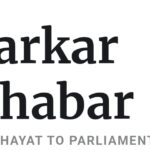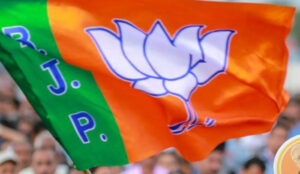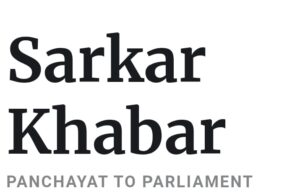
External Affairs Minister Jaishankar Asserts Nehru’s Role in Katchatheevu Island Dispute, Reiterates India’s Concerns
New Delhi, 1st March 2024: Doubling down on Prime Minister Narendra Modi’s stance regarding the Katchatheevu island dispute, External Affairs Minister Dr S Jaishankar asserted today that Jawaharlal Nehru, India’s first Prime Minister, had sought to cede the island to Sri Lanka.
In 1974, the then Indira Gandhi government endorsed the island’s status as a Sri Lankan territory under an Indo-Sri Lankan maritime agreement. The issue has regained attention following a media report based on a RTI response received by Tamil Nadu BJP chief K Annamalai on the 1974 pact. Subsequently, another agreement in 1976, amid the Emergency period and the dismissal of the Tamil Nadu government, imposed restrictions on fishermen from both nations fishing in each other’s waters. The mistreatment of Tamil Nadu fishermen by Sri Lankan authorities remains a significant concern in the state, with the BJP addressing it ahead of the forthcoming Lok Sabha elections.
Addressing the media, Dr Jaishankar referred to former External Affairs Minister Swaran Singh’s 1974 parliamentary statement, highlighting the assurance of safeguarding fishing, pilgrimage, and navigation rights for both countries.
Furthermore, Dr Jaishankar noted another agreement between India and Sri Lanka less than two years later, wherein India proposed sovereign rights over respective exclusive economic zones. However, by 1976, he remarked, an agreement was reached that negated these assurances, leading to numerous Indian fishermen and vessels being detained and seized by Sri Lanka over the past two decades.
Dr Jaishankar emphasized that the Katchatheevu issue has been a recurring topic in Parliament and has received significant attention over the past five years. He acknowledged receiving multiple letters from Tamil Nadu’s Chief Minister, MK Stalin, on the matter and reiterated his consistent response to these correspondences, highlighting the ongoing relevance and significance of the issue.
















